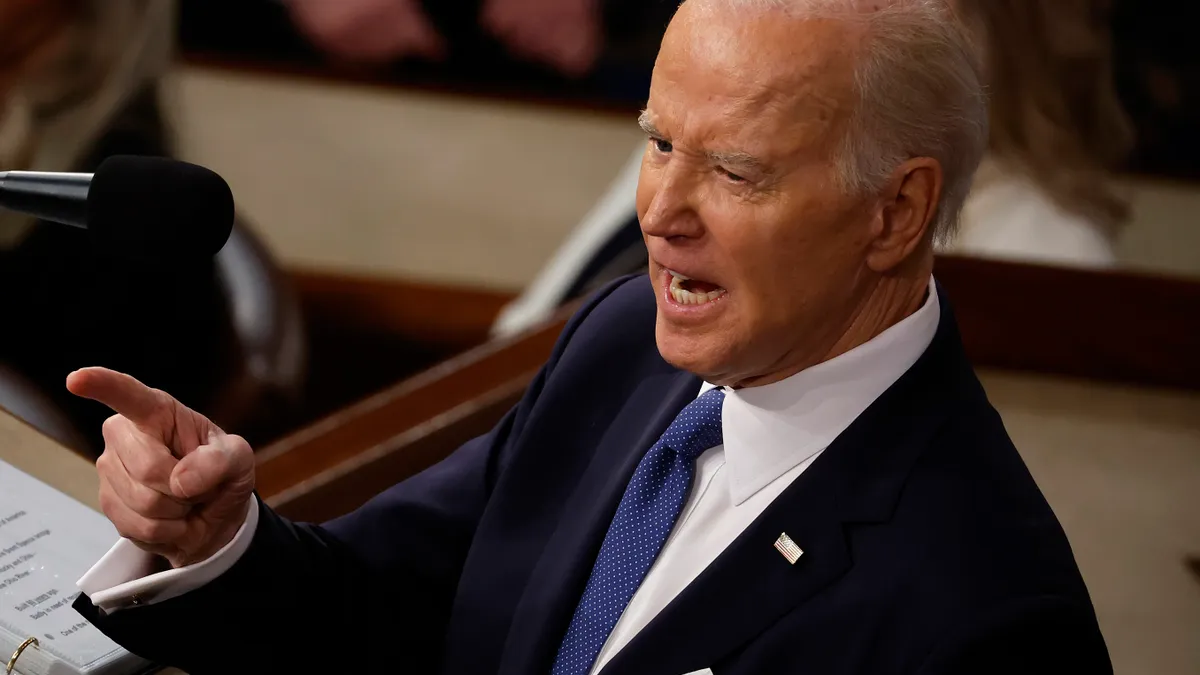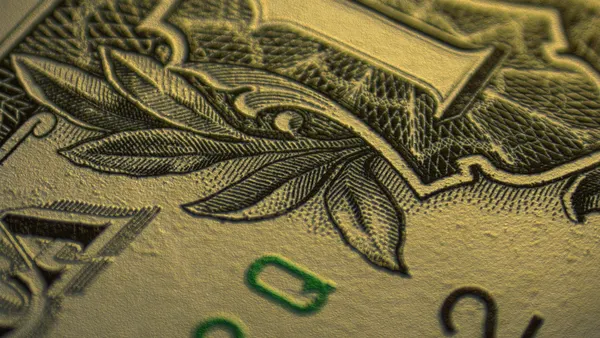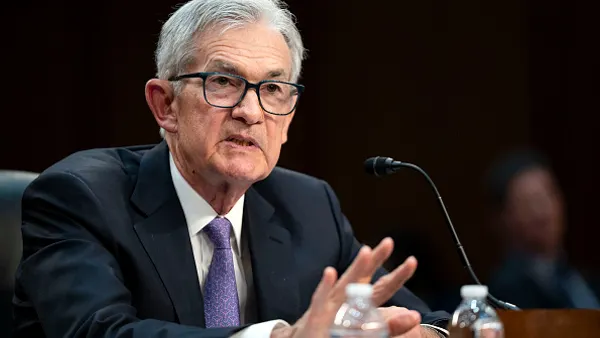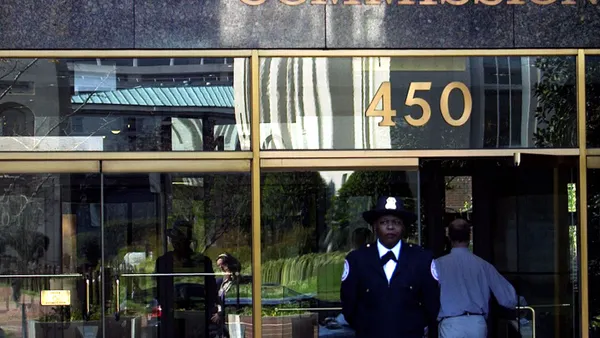Dive Brief:
- The U.S. Chamber of the Commerce slammed a proposal by President Biden to impose higher taxes on corporate stock buybacks, saying it would hurt America’s retirement savers and entrepreneurs.
- The president's proposal, which was highlighted in his Feb. 7 State of the Union address, would quadruple a new 1% tax on stock buybacks by companies.
- "Policymakers should be working to unleash the economic engine of U.S. businesses, not stifle their ability to thrive by imposing harmful taxes," Tom Quaadman, executive vice president of the U.S. Chamber’s Center for Capital Markets Competitiveness, said in an emailed statement reacting to the plan.
Dive Insight:
The push to more heavily tax stock buybacks reflects a growing populist sentiment in Washington, particularly among Democrats amid rising influence from the party's liberal wing.
While Biden's proposal could see traction in the Democrat-led Senate, it faces dim odds in the GOP-controlled House, analysts told CFO Dive.
“The prospects are not good in the current Congress,” John Gimigliano, head of the federal legislative and regulatory services group in the Washington national tax practice of accounting firm KPMG LLP, said in an interview.
Stock buybacks remove shares from the market and enable a company to increase its share price and earnings per share and offset dilution when executives exercise stock options.
During the month of January, announced buybacks more than tripled to $131.5 billion compared with the same period in 2022 — a record for the start of a year, according to data compiled by Birinyi Associates. Oil giant Chevron Corp. had the largest announcement for the month, with a value of $75 billion.
Critics, including Senate Finance Chairman Ron Wyden (D-Ore.) and Senate Banking Chairman Sherrod Brown (D-Ohio), say stock buybacks enrich shareholders and executives while failing to improve the quality of businesses or their goods and services.
The new 1% tax was enacted as part of the Inflation Reduction Act last year and became effective Jan. 1. It generally applies to any U.S. corporation whose stock is traded on an established securities market and that repurchases more than $1 million of stock over the course of a tax year.
In his State of the Union speech, Biden suggested the current tax level does not go far enough. To help illustrate that point, he noted that "Big Oil" reported record profits of $200 billion in 2022 amid a global energy crisis.
“It’s outrageous,” he said. “They invested too little of that profit to increase domestic production and keep gas prices down. Instead, they used those record profits to buy back their own stock, rewarding their CEOs and shareholders.”
A four-fold tax increase will encourage corporations to make long-term investments, while still allowing them to see a “considerable profit,” Biden said.
Quaadman pushed back on this, saying the plan would take money from investors and limit the ability of companies to raise capital. “This will hinder growth, leading to detrimental impacts to American families and the U.S. economy,” he said in his statement.
The proposal was also criticized by the Business Roundtable.
“The majority of U.S. households have direct or indirect ownership of stock via pensions, 401(k)s or investment accounts, which benefit from cash returned via buybacks or dividends,” a spokesperson for the group said in an emailed statement. “When those investors receive proceeds from a buyback, they typically reinvest them, so this proposal would discourage investment and growth and hurt American households, especially seniors.”
In response to a request for comment, White House spokesperson Michael Kikukawa said he had nothing new to say on the issue for now. He said the White House will provide more details on March 9, when Biden releases his fiscal 2024 federal government funding plan.
The tax proposal was welcomed by the Institute on Taxation and Economic Policy, a non-profit think tank that describes itself as a "nationally known voice for tax fairness."
“President Biden is absolutely right to want to raise the tax on stock buybacks,” Joe Hughes, a federal policy analyst at the institute, said in an emailed statement. “When a company announces buybacks, they are stating to the world that they don’t have productive investments to make within the company and would rather remit their cash to shareholders.”















